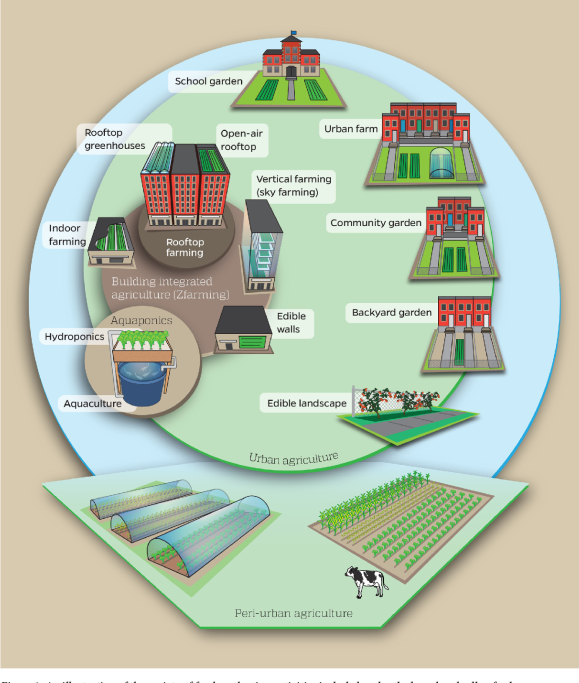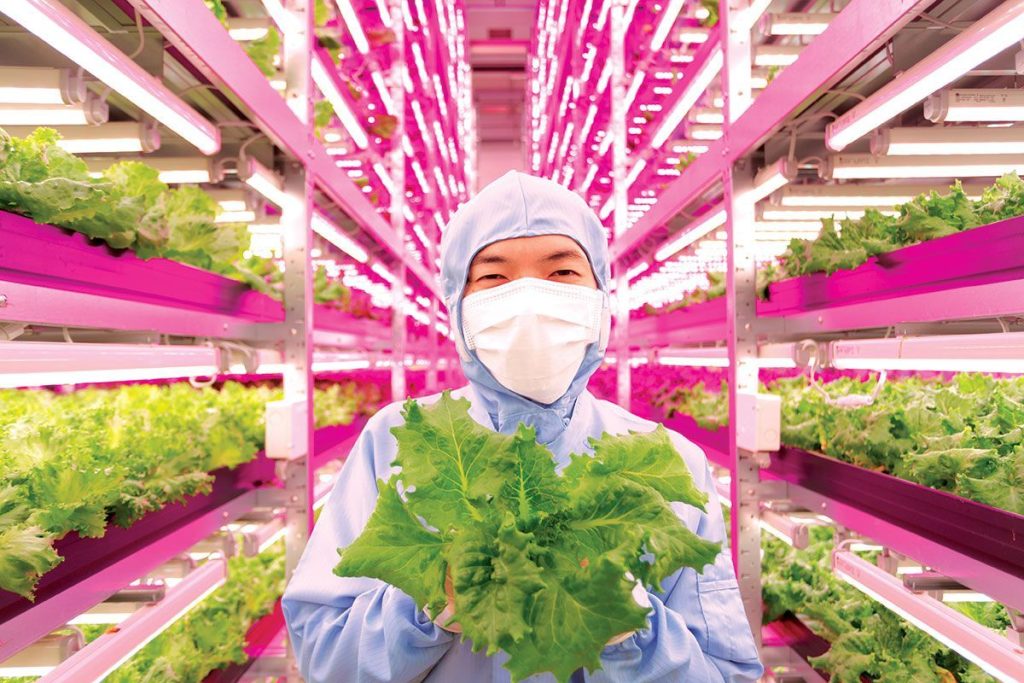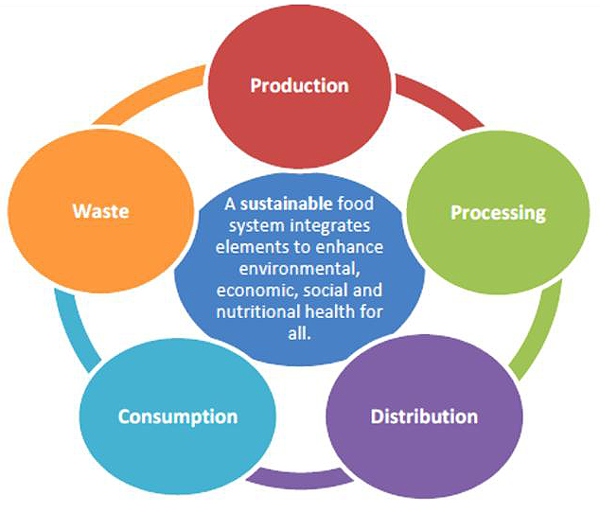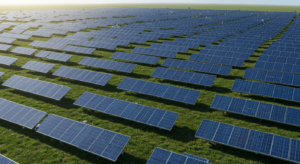The Rise of Urban Agriculture
As the world’s population continues to urbanize, the nexus between urban and peri-urban agriculture is strengthening. By 2050, urban areas will house more people, placing a significant strain on the food system and demanding innovative solutions.

Section 1: Sustainable Urban Agriculture – The Path to Food Security
Urban agriculture is not just about producing food; it’s a multifaceted approach that includes vegetable production, rooftop agriculture, and community gardens. By embracing sustainable urban food systems, cities can tackle food insecurity and improve access to nutritious, healthy food.

Peri-Urban and Rooftop Farming: Modern Innovations
From vacant lots to rooftops, urban farming has become a symbol of sustainable development. Rooftop agriculture and farming in peri-urban areas conserve natural resources and provide food locally, reducing carbon emissions.
Section 2: Sustainability, Resilience, and Local Food Supply
Sustainable urban development requires resilient food systems. By fostering local food supply and embracing agroecological practices, urban areas can reshape the food sector. Innovative techniques such as rainwater irrigation and runoff infiltration could contribute to a more equitable and inclusive food system.
Section 3: Community Gardens, Cooperative Extension, and Education
Community gardeners, supported by cooperative extension agents and programs, are empowering urbanites with the knowledge and skills needed to contribute to sustainable food systems. Composting and stormwater reuse help conserve groundwater and enhance water quality, integrating green infrastructure into urban and regional planning.
Section 4: International Cooperation and Future Goals
The Food and Agriculture Organization of the United Nations (FAO) has a vital role in ensuring food security and nutrition. Through the sustainable development goals, the organization’s efforts in urban and peri-urban agriculture focus on 2023 and beyond. Collaborations with policymakers, assistant professors in environmental science, and the broader community could reduce food waste, promoting sustainable and inclusive food strategies.
Conclusion: Building Sustainable Cities Through Agriculture
As urbanization continues, sustainable urban agriculture remains a key factor in building inclusive, resilient cities. Beyond food production, the land use and ecosystem practices of today could reshape our world by 2050, laying the groundwork for a future where everyone has access to affordable, nutritious food.




